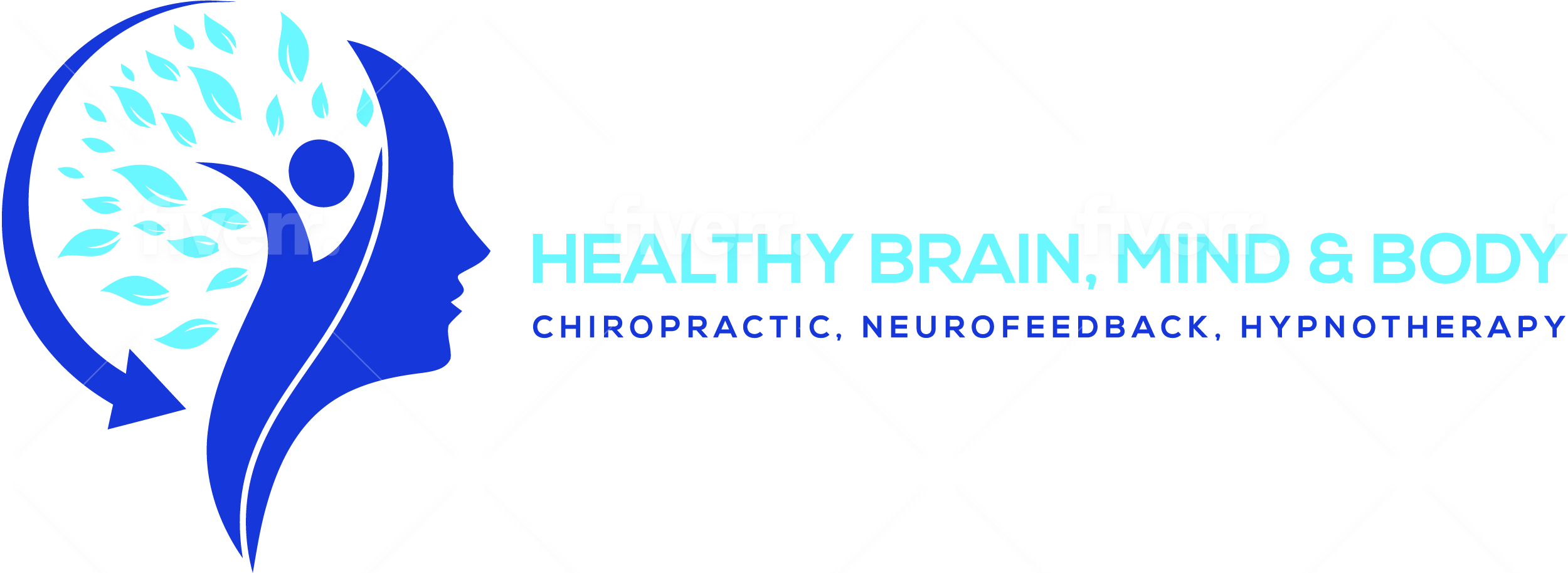
The SPECT scans of individuals with Brain Type 12 typically show lower activity in the prefrontal cortex (PFC), or, the front area of the brain. Think of the PFC as the brain’s brake. It stops us from saying or doing things that aren’t in our best interest, but it can also stop creative, out-of-the-box thinking if it works too hard. Studies show that Brain Type 12 may also be associated with lower dopamine levels (a neurotransmitter involved with focus and motivation). People with this Brain Type are likely to need excitement or stimulation in order to stay focused. Individuals with Brain Type 12 are often take-charge people who won’t take no for an answer. They tend to be strong-willed, tenacious, persistent, and sometimes stubborn. (Sound like you?)
They also tend to struggle with worry, have trouble sleeping, and like things to be done a certain way. In addition, people with Brain Type 12 often have increased activity in an area called the anterior cingulate gyrus (ACG), also located in the front part of the brain. We think of the ACG as the brain’s gear shifter. It helps people go from thought to thought or move from action to action. The ACG is involved with being mentally flexible and influences your ability to “go with the flow.” When the ACG is overactive, usually due to low levels of serotonin, people can have problems shifting attention, which can make them persist, even when it may not be a good idea for them to do so. The SPECT scans of individuals with Brain Type 12 often show heightened activity in the anxiety centers of the brain, such as the basal ganglia, insular cortex, and/or amygdala. This is often due to lower levels of the neurotransmitter GABA, which helps calm the brain. People with this brain type tend to be motivated toward a goal. They can feel intense pleasure, but also struggle with feeling anxious or nervous, which causes them to be more cautious and reserved, but also more prepared. The best strategy to balance Brain Type 12 is to find natural ways to boost dopamine, serotonin, and GABA anxiety centers of the brain, such as the basal ganglia, insular cortex, and/or amygdala. This is often due to lower levels of the neurotransmitter GABA, which helps calm the brain. People with this brain type tend to be motivated toward a goal. They can feel intense pleasure, but also struggle with feeling anxious or nervous, which causes them to be more cautious and reserved, but also more prepared.
Your Action Plan
A BETTER BRAIN STARTS NOW.
Improving your brain health is the most important thing you can do for overall health and happiness. Remember, small changes yield big results (especially when it comes to your brain health!), so start right where you’re at. You can dive in headfirst or start a little slower with one change per week.
1. Supplements feed the brain with nutrients it needs that it often doesn’t get from the diet we eat. This is why it is important to ensure even the best functioning brain is fed with the right nutrients to ensure it stays healthy as it ages. We find L-tyrosine (aids dopamine) to stimulate the prefrontal cortex, 5HTP (aids serotonin) to calm the anterior cyngulate gyrus and GABA to calm the basal ganglia anxiety centres . Below are a list of supplements to support brain type 12.
For Brain type 12 we recommend
- High dose fish oils to 2-5000mg a day
- A multivitamin for 100% of daily needs
- Our very own best seller memory health brain boost to ensure optimum blood flow and neurological functioning
- For brain type 12 we recommend 5HTP (serotonin) a calming neuro transmitter which is found to work well on the over active anterior cyngulate gyrus and GABA to calm the anxiety centres. Our very own emotional stability focus booster is a perfect recipe to stimulate and calm activating dopamine, serotonin and GABA. If you find that your focus is better but you are still anxious add our anxiety release calming booster for more GABA to regulate and calm the anxiety centres of the basal ganglia, .
2. REDUCE STRESS
Chronic stress releases hormones that can kill brain cells. Incorporate hypnosis, meditation, and other stress reducing activities.
3. PHYSICAL WORKOUTS
Strengthen your body to boost your thinking, memory and focus, and reduce the risk for age-related cognitive decline. Walking, lifting weights, coordination/balance exercises are good options.
4. SET GOALS & TRACK PROGRESS
Define what motivates you to want to change and refer to it everyday. One of the best ways to do this is to journal your progress. It will keep you on track and headed in the right direction.
5. MENTAL WORKOUTS
Your brain is like a muscle. The more you use it, the stronger it gets! New learning and brain games can help.
6. EXPLORE & UTILIZE
The powerful resources of meditation, hypnosis and music audio recordings, as well as exercises to help you maintain control over your thoughts and focus on the positive aspects of your life.
7. BUILD A COMMUNITY
Spend time with people who inspire, encourage and challenge you. Doing so will create a stronger social support network that will elevate your own personal success! BRAIN HEALTHY NUTRITION Your brain is the most energy-hungry organ in your body, using 25% of the calories you consume. One of the quickest ways to achieve better brain function is learning the right foods to choose and which foods to lose. Eat right so you can think right!
Dietary Recommendations:
Your Type 12 brain needs a diet that is balanced in high-quality proteins and complex carbohydrates. This type of diet will help balance your blood sugar, help you focus, and provide the necessary building blocks for brain health. Protein-rich foods provide amino acids our body needs to create neurotransmitters such as serotonin (to boost mood, motivation, and positive thinking) and dopamine (to maintain focus, increase learning, and manage emotional reactions).
- Regularity of protein (every few hours) creates provides satiety, balanced bloodsugar, and can help prevent symptoms of anxiety.
- Eat some form of protein at every meal or snack.
Easy snack options:
- small apple with almond butter
- blueberries with walnuts
- boiled egg with sliced tomato and basil
- Meals should include chicken, fish, beef, lamb, hemp, eggs, or a plant-based protein powder such as Omni.
- Carbohydrates: Focus on getting most of your carbohydrates from vegetables by adding them to meals whenever possible. Other carbohydrates should be low-glycemic, highfiber, unrefined, and organic whenever possible.
- Prebiotic fibers: leeks, onions, raw garlic, sunchoke, raw chicory root, raw asparagus, raw dandelion greens. Vegetables: 6-8 servings per day Whole fruits: 1-2 servings per day
- Gluten-free whole grains: 1 serving per day (wild/brown rice, quinoa, buckwheat, millet, amaranth, gluten-free whole oats, and teff)
- Drink at least half of your body weight (lbs) in ounces of filtered water each day.
MEDICAL DISCLAIMER
This assessment (the Brain Health Assessment, or BHA) is the result of years of practical experience and clinical research. The results, by necessity, are of a general nature and should not be viewed as a substitute for an evaluation or treatment by a competent medical specialist. Self-report assessments have advantages and limitations. This assessment is intended as an information and education tool for you and your loved ones and is not designed to replace your healthcare provider’s professional judgment regarding your health. Always discuss any recommendations with your personal physician. This assessment is not intended to diagnose, treat, or cure any medical condition. Please work with your healthcare provider to determine potential treatment(s) for your specific medical condition(s).

